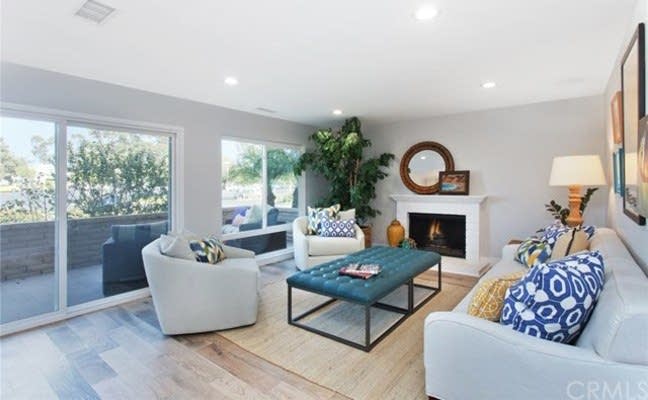|
See to these matters before hiring a contractor: 1. The contract itself. A contract protects the parties involved. Just because you had a great conversation during the first meeting at the house, and even though the work is only supposed to take two days, you'll regret not having a contract when one of you forgets half of that great conversation and the work isn't completed after two weeks. 2. A physical address. Should you need to track down your contractor after work has begun, you won't find him or her at a P.O. box. Ask to drop off the deposit at the physical location listed on the contract. 3. License. While in some cities getting a contractor's license may be more a matter of writing a check than verifying skill, check to see that your contractor lists a license required for the work being done. A license may mean that your contractor passed the required exams, or it may just mean the state knows where to find him to collect taxes. But it also means your contractor has done the paperwork and is playing by the rules. 4. Insurance. Injuries can occur on a construction site. If the location is your home and your contractor does not have the proper insurance, you may be held liable. Check with your locality for the proper amount of liability insurance, and if the contractor has employees, check to see whether he carries worker's compensation insurance. 5. Scope of work. There are many details to get right in a renovation, so write everything down before work begins. This can be the best way to get everyone on the same page. If your designer has drawn up detailed plans, make sure the contract references the designer and the date on the plans so you have something to point to should the finish on your woodwork be different from what you requested. 6. Duration of work. Though projects often take longer than predicted for many legitimate reasons — some caused by the client and some outside the contractor's control — put the expected project duration in writing. The important thing is not that your contractor shows up every day, but that he finishes the project on time. Having a timeline will help calm your nerves if progress hits a slow spot. 7. Exclusions. A good contract should include a list of exclusions. These might be related to areas that will not be visible until the walls are opened up after demolition, or the level of cleaning you should expect after the work is complete. Also, talk to your contractor about the likelihood of finding asbestos behind the walls. He won't be able to say for sure, but he can speak from experience and help you plan your contingency budget. 8. EPA lead safety certification. Contractors working on homes in the U.S. built before 1978 should be certified in lead-safe practices by the EPA. You can read more about the requirements here, but in a nutshell, it's all about minimizing and containing dust during work, which is vital for the safety of you and your family. 9. Payment schedule. While payment schedules can vary by the job, they should always be agreeable to both parties involved. In my opinion, payments tied to milestones in the project are better than those tied to percentages of completion. As long as you are confident that you're not paying for significantly more than what's been completed, you should be OK. 10. Warranty. The standard warranty for work is one year from substantial completion. If you've checked the contractor's physical address and gotten recommendations from people you trust, you'll know where to find him later if needed. Kenny Grono September 21, 2012
0 Comments
When remodeling a room, certain items can be purchased more inexpensively such as rugs, throw pillows, bar stools, accent tables, and decorative pieces. One item that is worth spending money on, is the sofa. Comfort should not be compromised. Also lighting fixtures should be of high quality since a good choice can be utilized for a long time. Cheap lighting is easy to detect and ruins the effect you may be trying to achieve. I would recommend RugsUSA and Overstock.com for rugs, pillows, stools, lamps, accent tables, and accent pieces. The H&H Home site is a good source for inexpensive pillows. When purchasing bar stools, carefully measure the height of your counter before ordering. #dreamlandinteriors #remodel #H&HHome #USARugs #Overstock
|
Natalie A. GauciLicensed Interior Designer working in the Tampa Bay, Florida area. Archives
October 2018
Categories
All
|
Dreamland Interiors...
|
© Dreamland Interiors, Inc. 2024


 RSS Feed
RSS Feed



